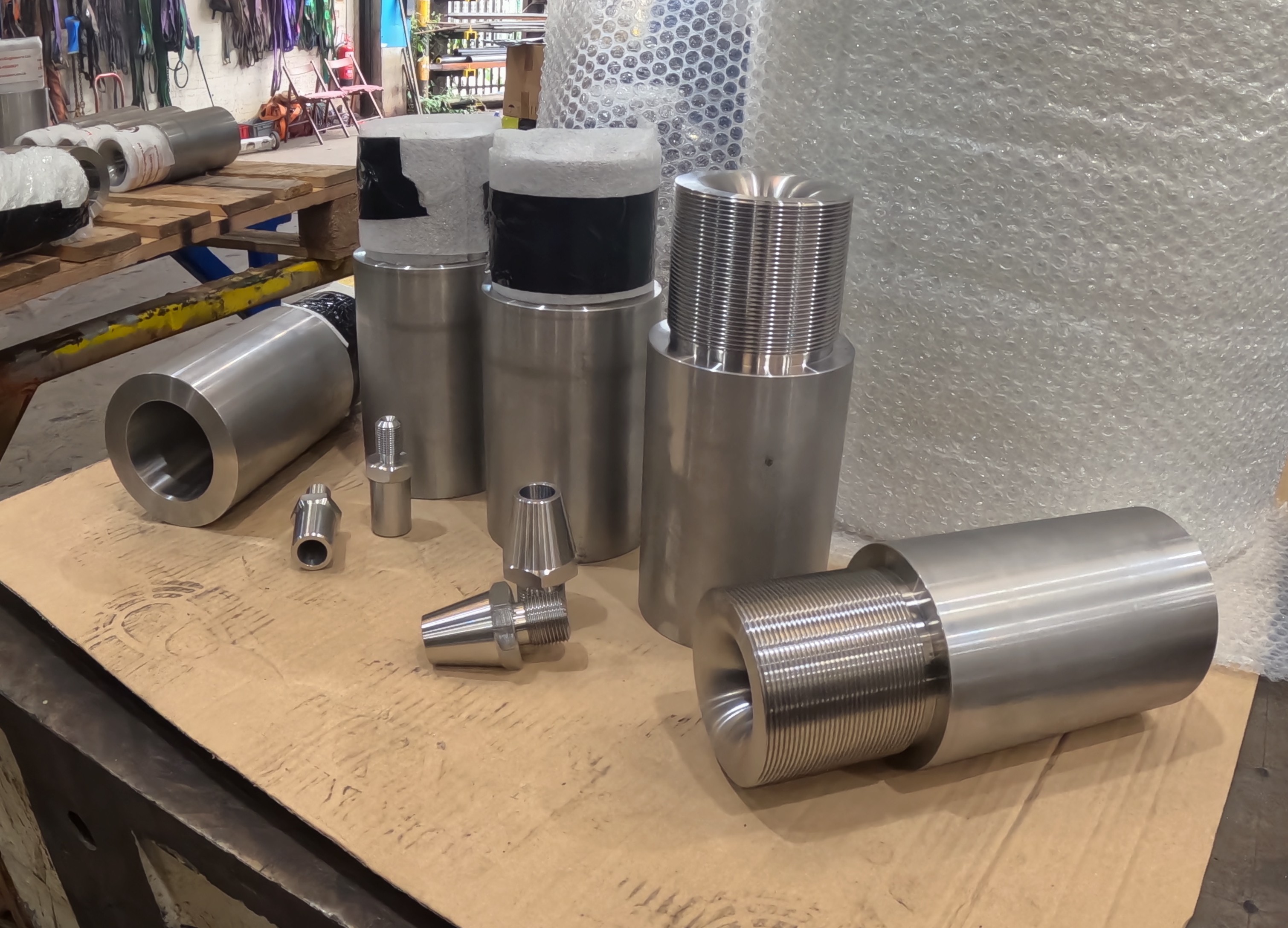Maintaining Rappers in Energy-from-Waste Plants: Why Timely Repairs Matter
Energy-from-Waste (EfW) plants are critical infrastructure in the UK’s journey towards reducing landfill waste and decarbonising the energy grid. But keeping these facilities running efficiently doesn’t just come down to turbines and incinerators—it also relies on smaller, often overlooked components like rappers.
What Are Rappers?
Rappers are mechanical devices used to keep the electrostatic precipitators (ESPs) clean in EfW plants. ESPs remove fine particles from flue gases before they’re released into the atmosphere. Over time, dust accumulates on the electrodes inside these units, and rappers deliver timed mechanical impacts to dislodge the build-up and maintain efficiency.
If the rappers fail—or aren’t working optimally—dust accumulation increases, emissions control degrades, and the plant may fail to meet environmental regulations. Worse still, neglected rapper issues can lead to unplanned downtime or even full system shutdowns.
Why Timely Repairs Matter
1. Avoiding Costly Downtime
Unscheduled outages in EfW facilities can be extremely expensive. Even a short period of downtime can result in lost energy production, missed contractual obligations, and emergency call-outs—all of which could have been avoided with proactive maintenance of critical components like rappers.
2. Ensuring Regulatory Compliance
UK regulations on air quality and emissions (such as those enforced by the Environment Agency) are strict and getting stricter. A malfunctioning rapper could cause particulate emissions to rise above acceptable thresholds, potentially leading to fines, investigations, or even temporary shutdown orders.
3. Protecting System Longevity
Allowing dust to accumulate within an ESP not only reduces efficiency but can also cause wear and tear on internal components. In the long term, this increases the risk of corrosion, electrical shorts, or insulation failure—issues that can require extensive and costly repair work.
4. Maintaining Operational Efficiency
Well-maintained rappers help ESPs operate at peak efficiency, which in turn supports the overall thermal and electrical efficiency of the EfW plant. Reduced pressure drop, improved gas flow, and better ash handling all contribute to a smoother, more productive operation.
Signs of Potential Rapper Issues
Operators should be alert to signs that rappers may not be functioning correctly, including:
-
Increased particulate emissions
-
ESP differential pressure changes
-
Accumulated ash inside hoppers
-
Vibration irregularities
-
Increased frequency of cleaning shutdowns
Timely inspection and replacement of worn parts—such as hammer mechanisms, shafts, or control electronics—can help avoid these issues before they escalate.
A Proactive Maintenance Strategy
Best practice includes:
-
Routine inspections aligned with OEM guidelines
-
Vibration monitoring and pattern analysis
-
Scheduled replacement of known failure points
-
Keeping critical spares in stock
-
Partnering with specialist service providers who understand both mechanical and process implications
Conclusion
While rappers may seem like minor components in the grand scheme of EfW plant operations, their role in controlling emissions and maintaining plant efficiency is vital. Addressing rapper faults quickly and maintaining a preventative repair schedule isn’t just good practice—it’s essential for compliance, cost-efficiency, and long-term reliability. For specialist advice and a no-obligation quotation, call IME on 02085996570 or email sales@imegroup.co.uk.

